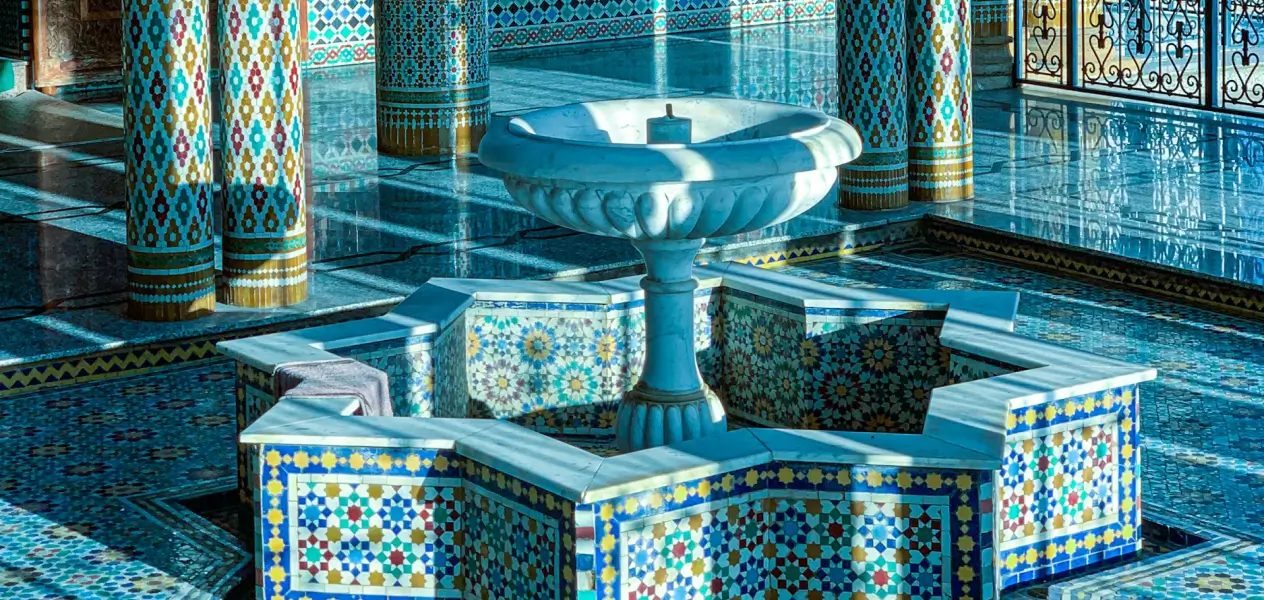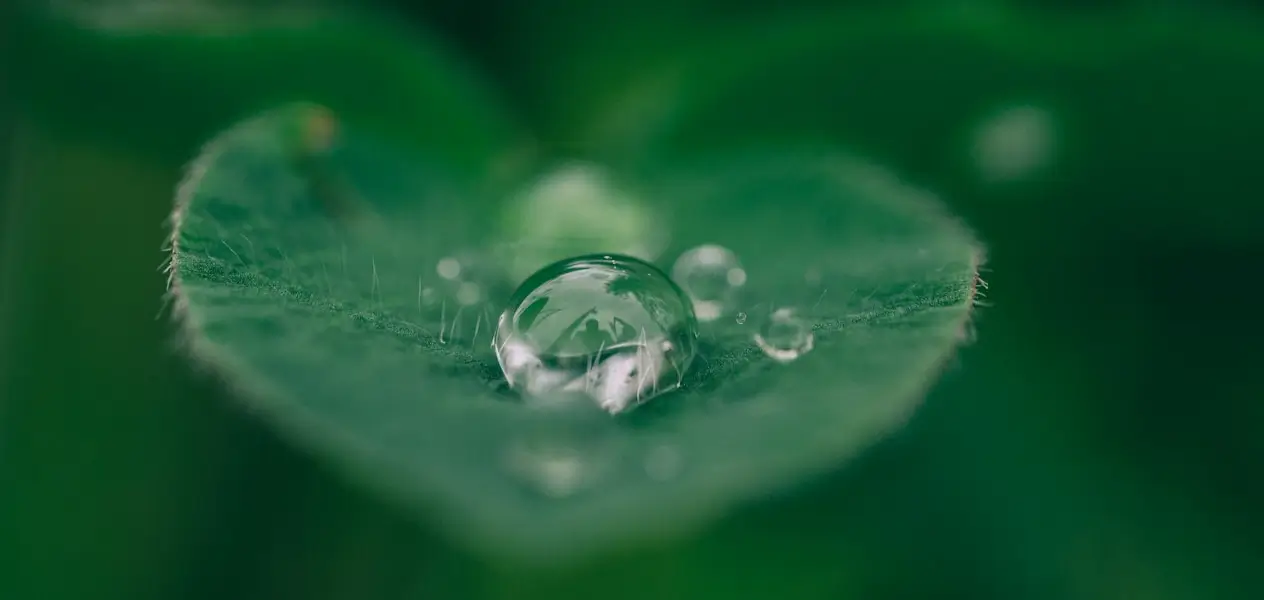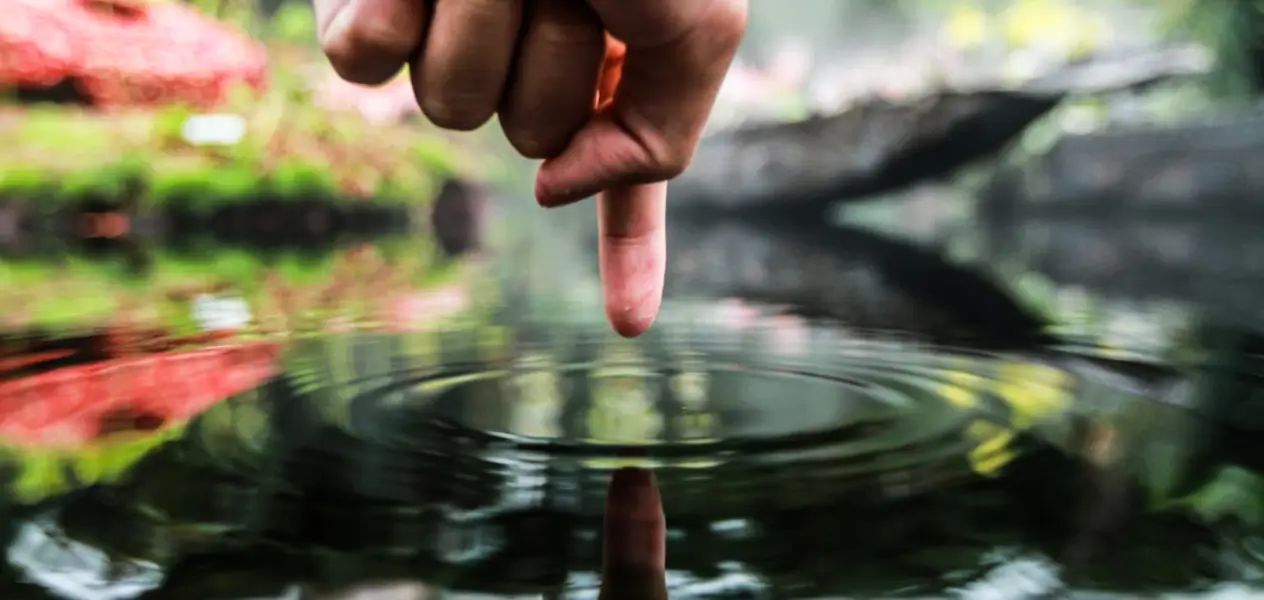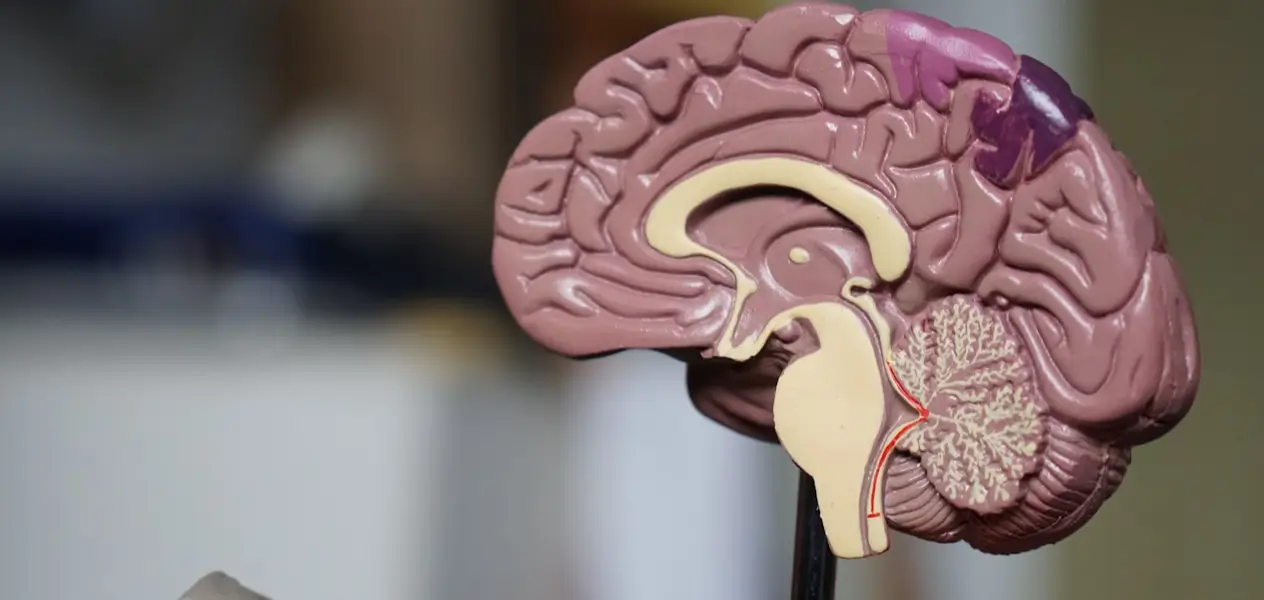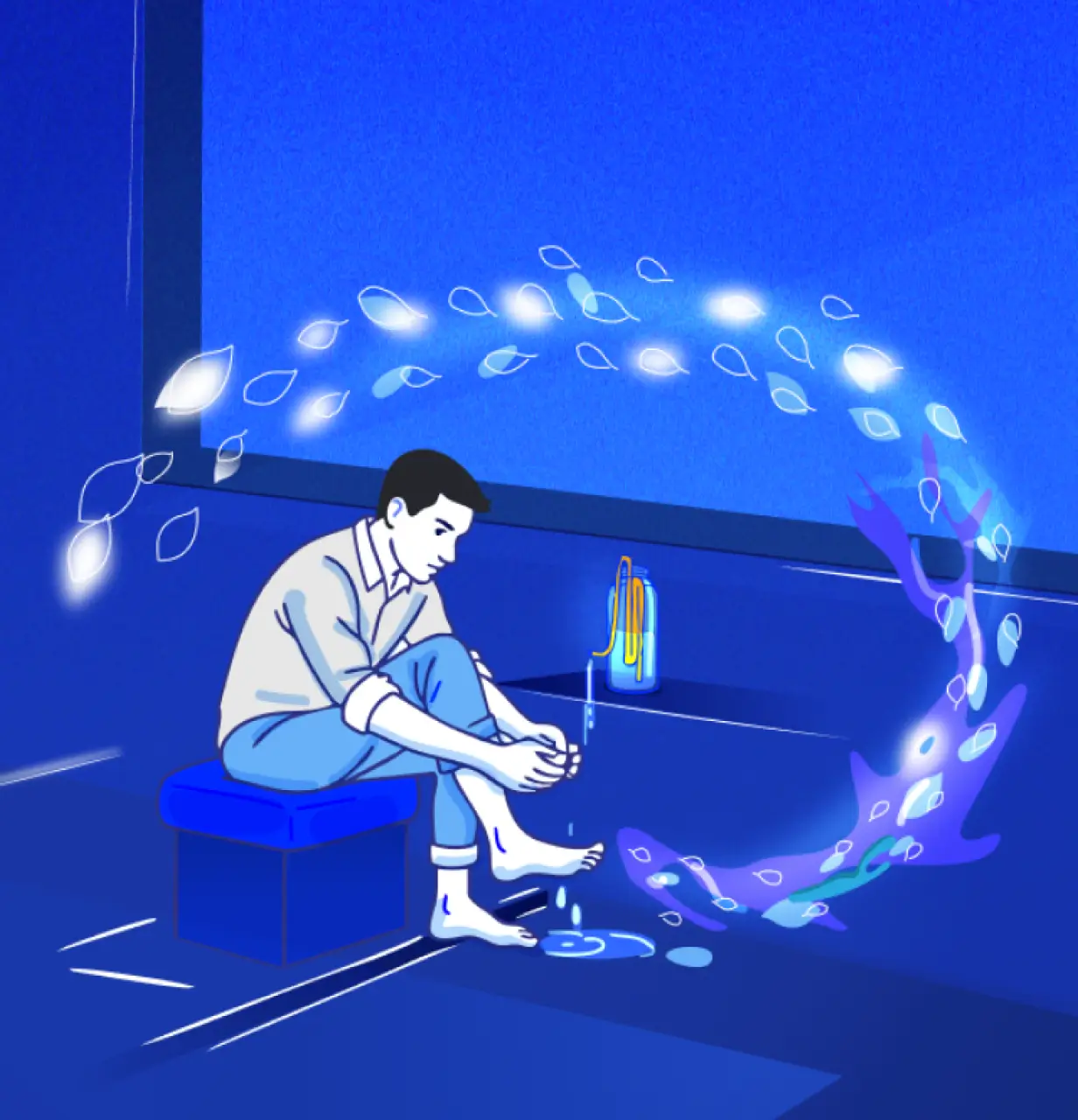Where Flow Meets Fiqh
Before there were apps for mindfulness,
Before self-care became a trend,
There were sabils - public fountains that flowed with more than just water.
They were built at crossroads between cities and souls. Where people didn’t just stop to drink but paused to reflect, refresh, reconnect and radiate.
This was designed with da’wah. Engineering as ‘ibadah.
Sabils: The Original Gathering Spots

From Cairo to Istanbul to Andalusia to Palestine, sabils weren’t just utilities. They were statements:
- Flowing water for all = sadaqah jariyah in motion
- Architecture that invited Tafakur: inscriptions, symmetry, and sacred geometry.
- These were spaces where ideas were shared, travellers paused, and communities met.
Before Instagram captions, Muslims carved Qur’anic ayahs in stone. Before WiFi hubs, they built water hubs that carried barakah.
These weren’t just fountains — they were moments. Sacred intersections between body, soul, and society.
Banu Musa: From Explanation to Transformation

The Banu Musa brothers weren’t your average engineers. They were seekers of knowledge, of meaning, of wonder.
Graduates of the renowned Bayt al-Hikmah (House of Wisdom), they had studied Greek logic, Persian engineering, and Indian mathematics. Then came back to the Ummah, ready to teach.
But their first attempt flopped.
They lectured with pure logic, diagrams, and formulas.
It didn’t land.
The hearts didn’t move.
So they pivoted. They cognised Tafakur.
They understood that transformation doesn’t come from instruction. It comes from an invitation — from a design that sparks reflection.
So they authored the Book of Ingenious Devices, a.k.a the Book of Tricks, not as a manual. But as an experience.
- A jug that filled itself.
- A fountain that danced.
- A hidden mechanism that responded when you approached.
- A self-playing flute.
Suddenly, the same crowd that had ignored lectures had now paid attention.
Because when Tafakur takes root, it leads to recognition.
Not just of the machine.
But of Al-Muḥyī — the Giver of Life, Motion, and Intention.
They turned technology into tasbih.
Mechanics into meaning.
Curiosity into conviction.
That’s not just an invention. That’s da’wah by design.
Al-Jazari: When Worship Meets Engineering
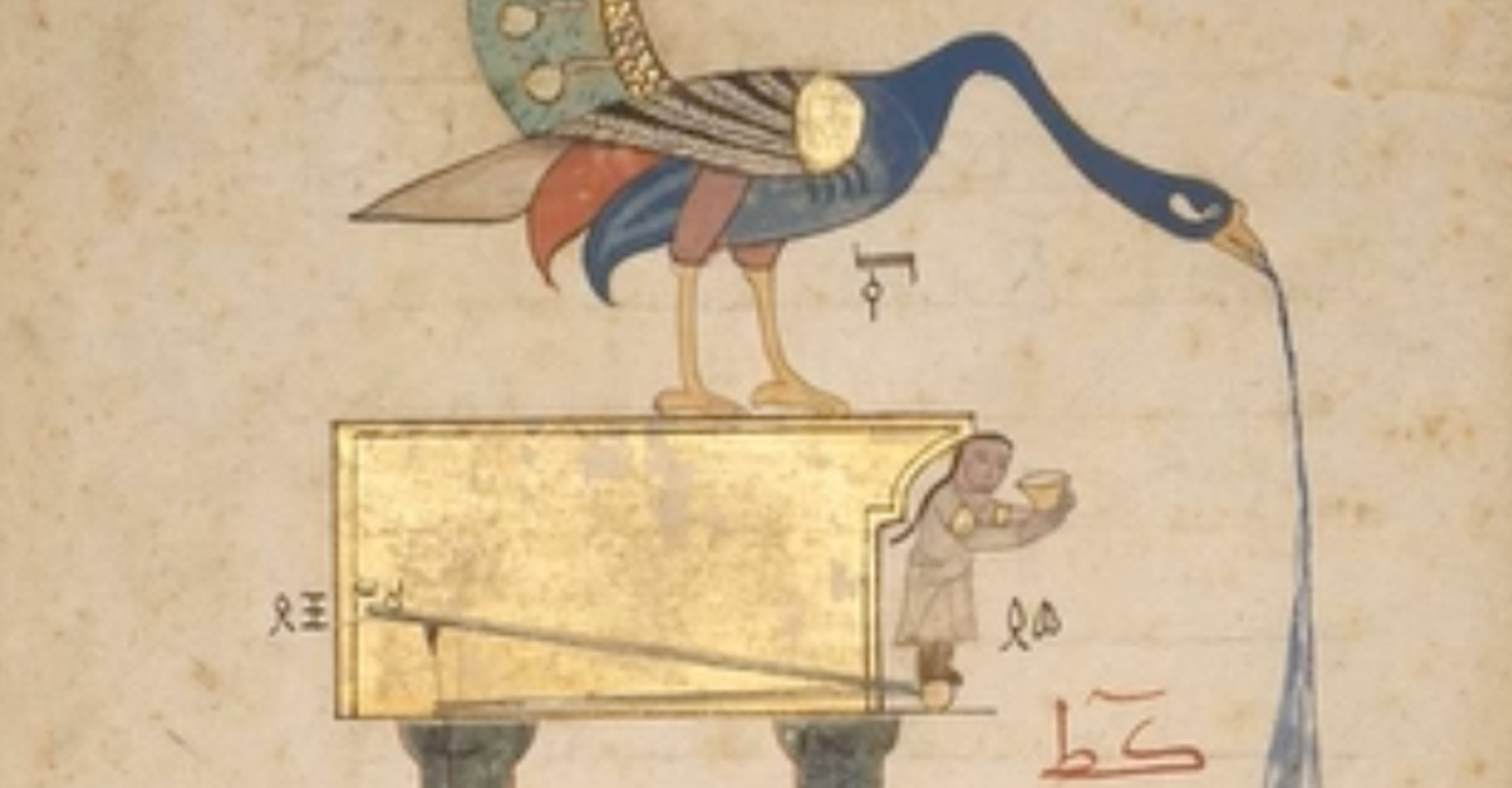
Centuries later, in 13th-century Diyarbakir, Al-Jazari picked up that legacy. He didn’t just innovate — he elevated.
One of his most iconic creations?
A peacock wudu machine. The features of this machine are impressive. As you step forward to perform Wudu, the bird’s beak tips let water flow in perfect stages, providing the exact amount for each part of Wudu.
This wasn’t just a flex of engineering. It was a whisper of faith.
Their gears whispered. His machines bowed.
He took the Banu Musa’s vision and extended it.
Where their devices pointed to creation.
His designs pointed to the Creator.
When early devices were too complex to connect with, he simplified.
Let beauty tell the story. Let water become the witness.
He didn’t just build a function.
He built a feeling.
So that even metal and motion could teach the mercy of Allah.
What Were They Telling Us?
They weren’t saying.
“Look at what we can build”.
They were saying.
“Look at the Order behind it all”
Through gears and gravity, they invited people to:
- Think deeply (Tafakur).
- Use design to serve tahara (cleanliness) and niyyah (intention).
- Let every spout and lever point you back to Allah.
So Where Are We Now?
We scroll past blessings. Tap fast. Pray faster.
But the legacy of these thinkers still echoes:
Beauty transforms behaviour. Design can be guided by Ihsaan.
“Gentleness is not present in anything except that it beautifies it. And it is not removed from anything except that it makes it ugly.” (Sahih Muslim)
That’s why Sabil exists.
Not just to sell a product.
But to carry a mission that began centuries ago.
At the crossroads, they built sabils.
At the fountains, they sparked faith.
At the mountains, they were humbled.
Today, we carry that forward with intention, design, and flow.
WAWT – A Legacy Reimagined
Discover the Wudu Tap at Sabil.shop
Thoughtfully engineered. Spiritually aligned.
WAWT Wudu powered by air, water & tafakur.

